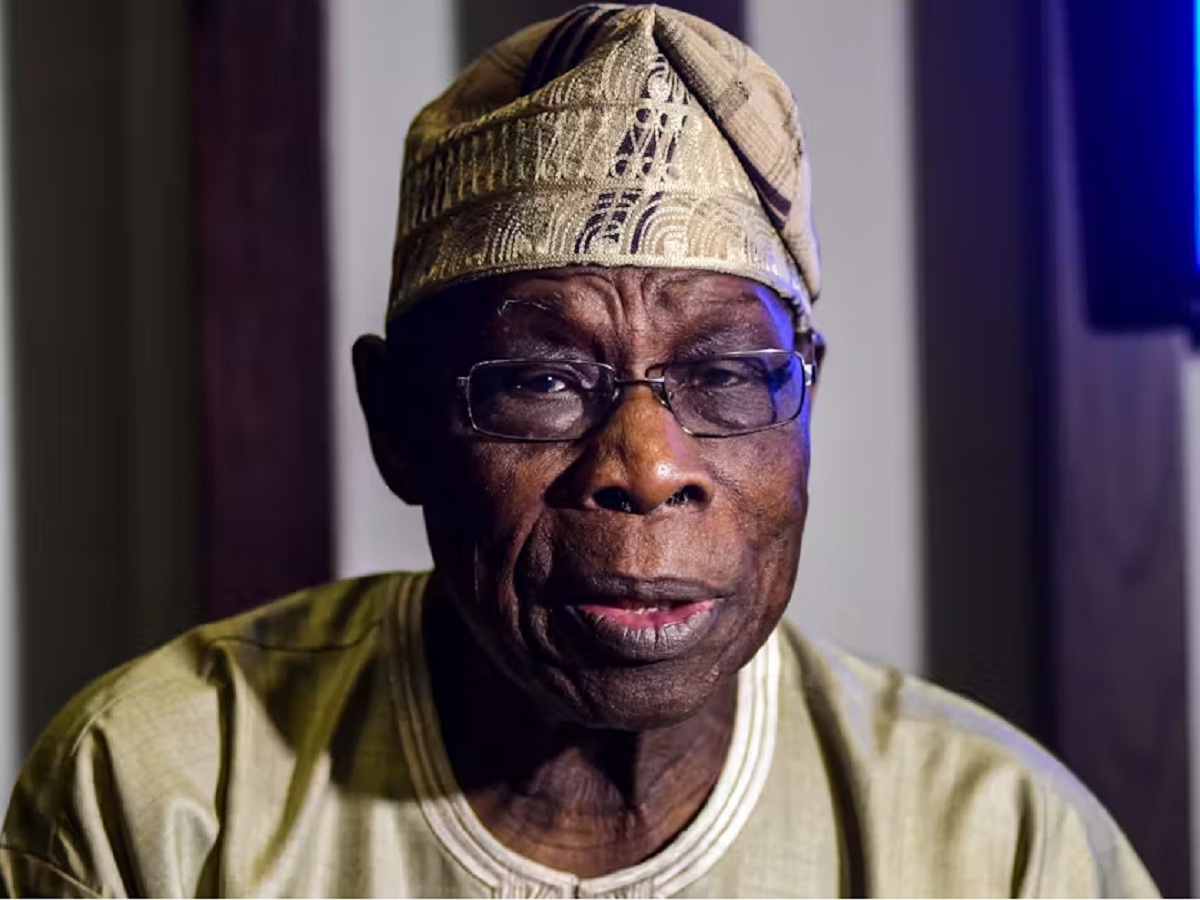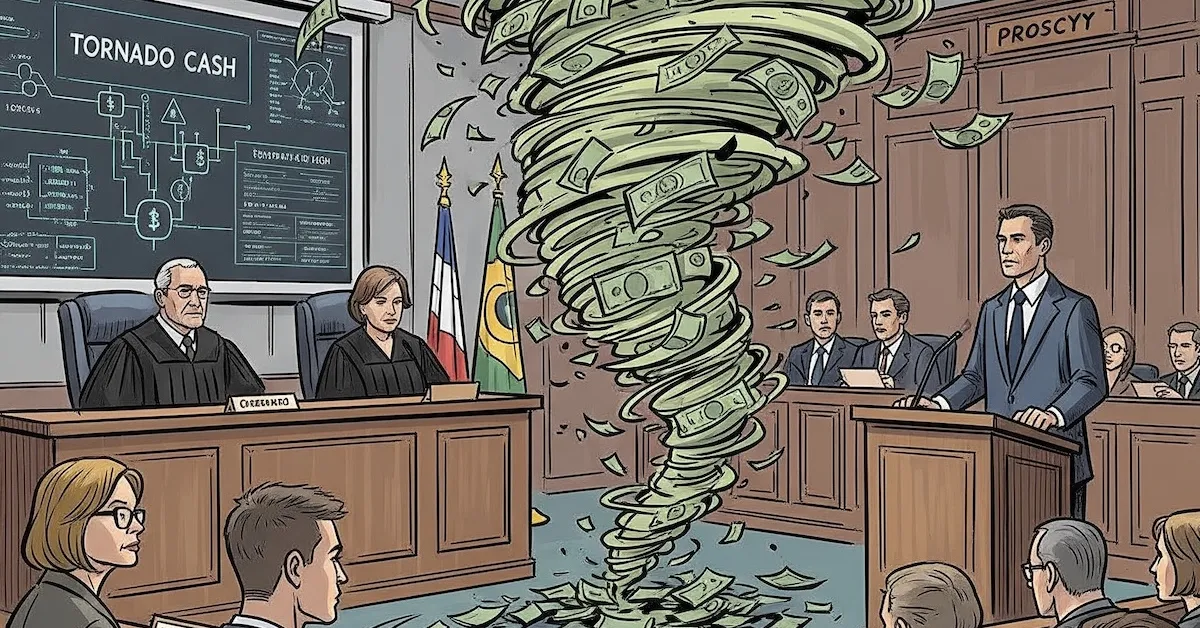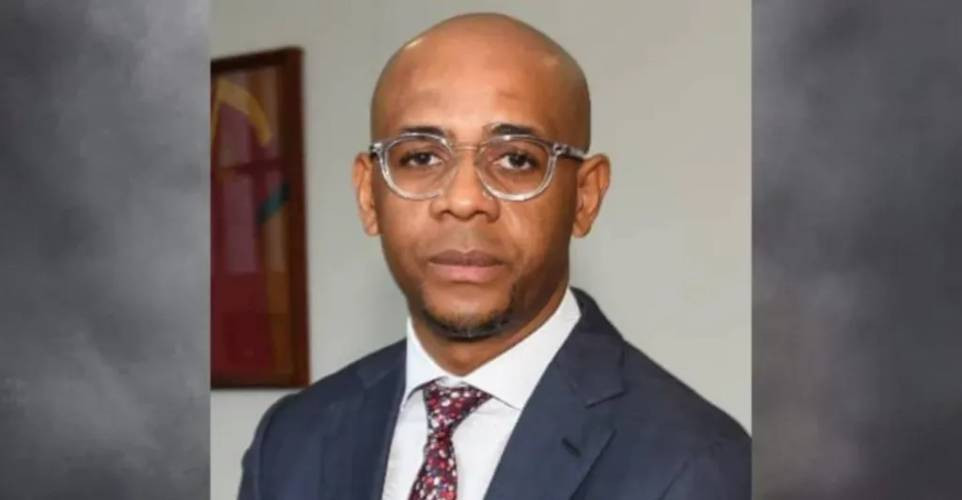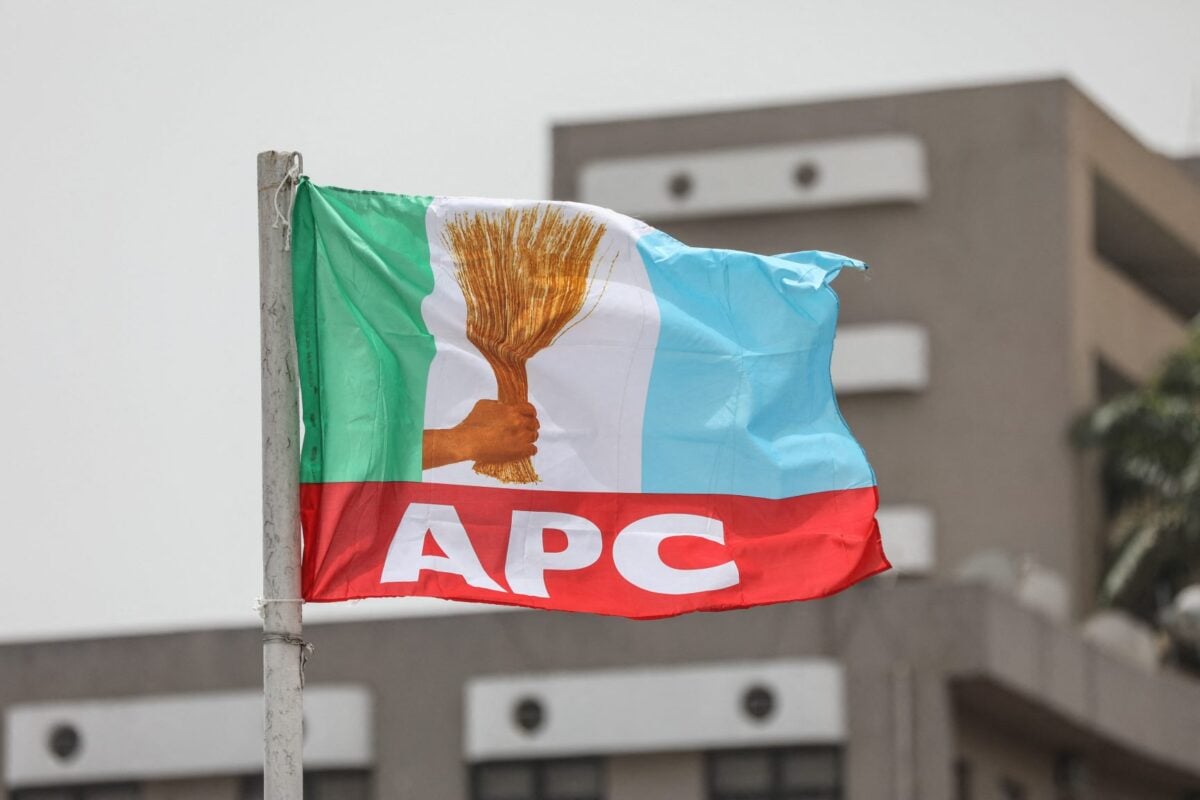Explosive Revelations: Obasanjo Slams INEC, Judiciary as 'Court of Corruption' in New Book

Former Nigerian President Olusegun Obasanjo has delivered a scathing critique of the nation's judiciary, asserting in his new book, "Nigeria: Past and Future," that it has become "deeply compromised." Obasanjo laments that corruption among judges has transformed the courts into "a court of corruption rather than a court of justice," signaling a dire decline in integrity. He specifically highlights the rapid and precipitous fall of the Nigerian judiciary's reputation, particularly throughout the Fourth Republic, describing it as lamentable. This decline, according to Obasanjo, has led to the commodification of justice in Nigeria, where the judicial system's integrity is steadily eroding.
Obasanjo's concerns extend to the potential threat this judicial degradation poses to Nigeria's national stability. To underscore the pervasive nature of corruption, he recounted a specific incident where a state governor allegedly showed him six duplex buildings acquired by a judge, supposedly from illicit gains made while serving as chairman of election tribunals. This anecdote serves as a stark illustration of the profound depth of corruption Obasanjo perceives within the judiciary.
Beyond the judiciary, the former president also leveled serious accusations against Mahmood Yakubu, the chairman of the Independent National Electoral Commission (INEC). Obasanjo contends that Yakubu has actively undermined the electoral process since 2015, making his personal will more influential than the will of the Nigerian people. He suggests that politicians have lost confidence in elections due to the perceived pollution and gross undermining of the process by INEC under Yakubu's leadership, reducing elections to a mere charade. This situation, Obasanjo argues, leads politicians to believe that the outcomes of election disputes are primarily determined by the discretion of tribunal judges, Court of Appeal judges, and Supreme Court judges, rather than the true popular mandate.
Furthermore, Obasanjo made a direct accusation against the late former President Muhammadu Buhari, alleging collusion with the judiciary during his own election cases. He claimed that Buhari disregarded ethical boundaries, and that judges who ruled in his favor were rewarded financially and with appointments, irrespective of their age or ranks. This assertion paints a picture of a system where judicial decisions in electoral matters were allegedly influenced by political patronage and incentives, further eroding public trust in the independence and impartiality of the Nigerian legal system.
You may also like...
2026 Jeep Cherokee Unveiled: Specs, Price, and Heritage Revival Spark Debate

Jeep re-enters the compact SUV market with the all-new 2026 Cherokee Hybrid, boasting a boxy XJ-inspired design and an e...
Mercedes-AMG GT XX Shatters EV Record, Dares Tesla to Catch Up

Mercedes-AMG's Concept AMG GT XX shattered 25 electric vehicle records during an ultramarathon run at Nardò, covering th...
Tornado Cash Trial Concludes with Guilty Verdict, Crypto Community Seeks Answers

The Tornado Cash trial has concluded with co-founder Roman Storm found guilty of conspiracy to operate an unlicensed mon...
Ethereum Skyrockets to New All-Time High, Legendary Trader Calls It 'Powerful'

Ethereum (ETH) has soared to a new historic peak of $4,885, marking its first all-time high in nearly four years, follow...
AI's Untamed Momentum: Nvidia's Explosive Growth & Future Outlook

AI chipmaker Nvidia's third-quarter revenue forecast surpassed Wall Street estimates, driven by strong demand for its ch...
Trade War Escalates: India Reacts to Crushing US Tariffs on Exports

India is responding to new US tariffs that will affect 55% of its merchandise exports by implementing national strategie...
Thai-Cambodian Border Boiling Point: Fake News, Assassination Plots, and Land Disputes Fueling Tensions

Tensions persist along the Thai-Cambodian border, fueled by accusations of assassination plots, alleged landmine deploym...
Shockwave in Equatorial Guinea: President's Nephew Jailed in Sex Tape Embezzlement Scandal

Equatorial Guinea's former financial investigation agency head, Baltasar Ebang Engonga, has been sentenced to eight year...


